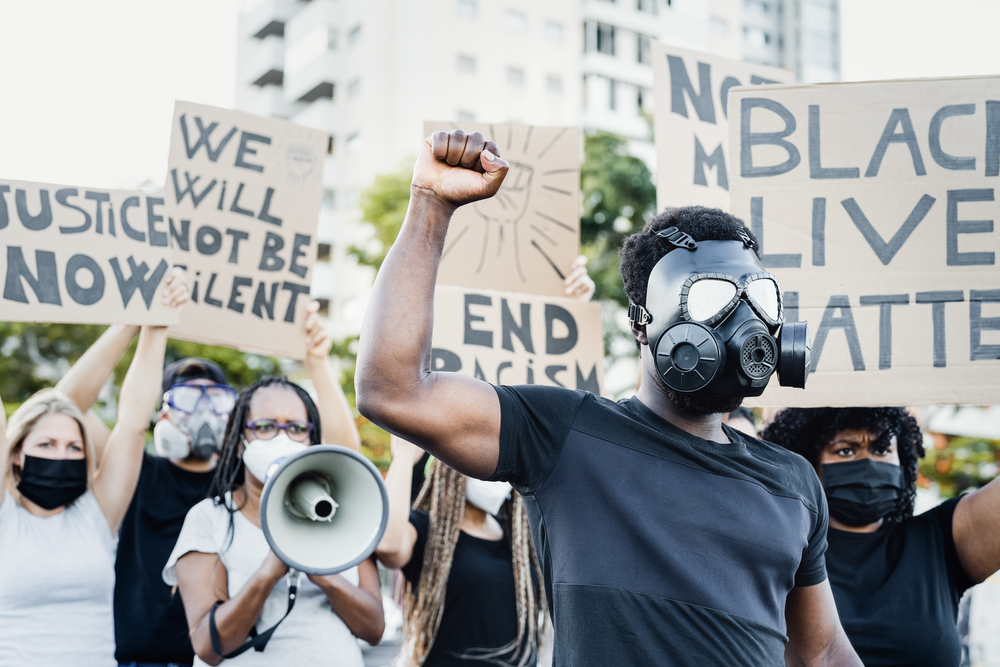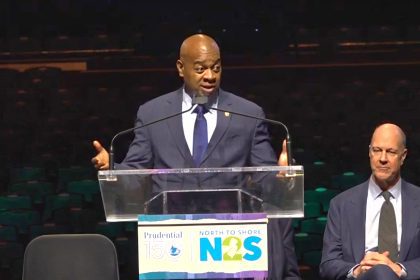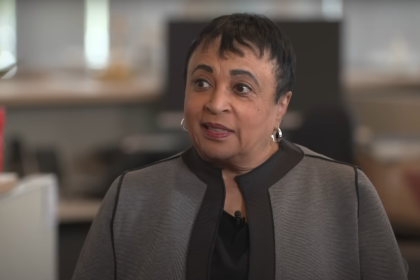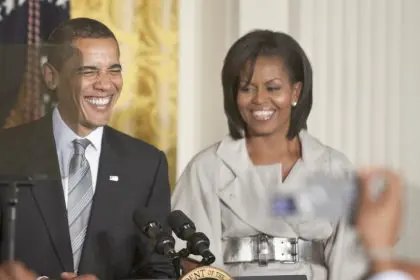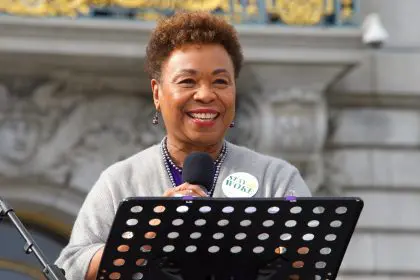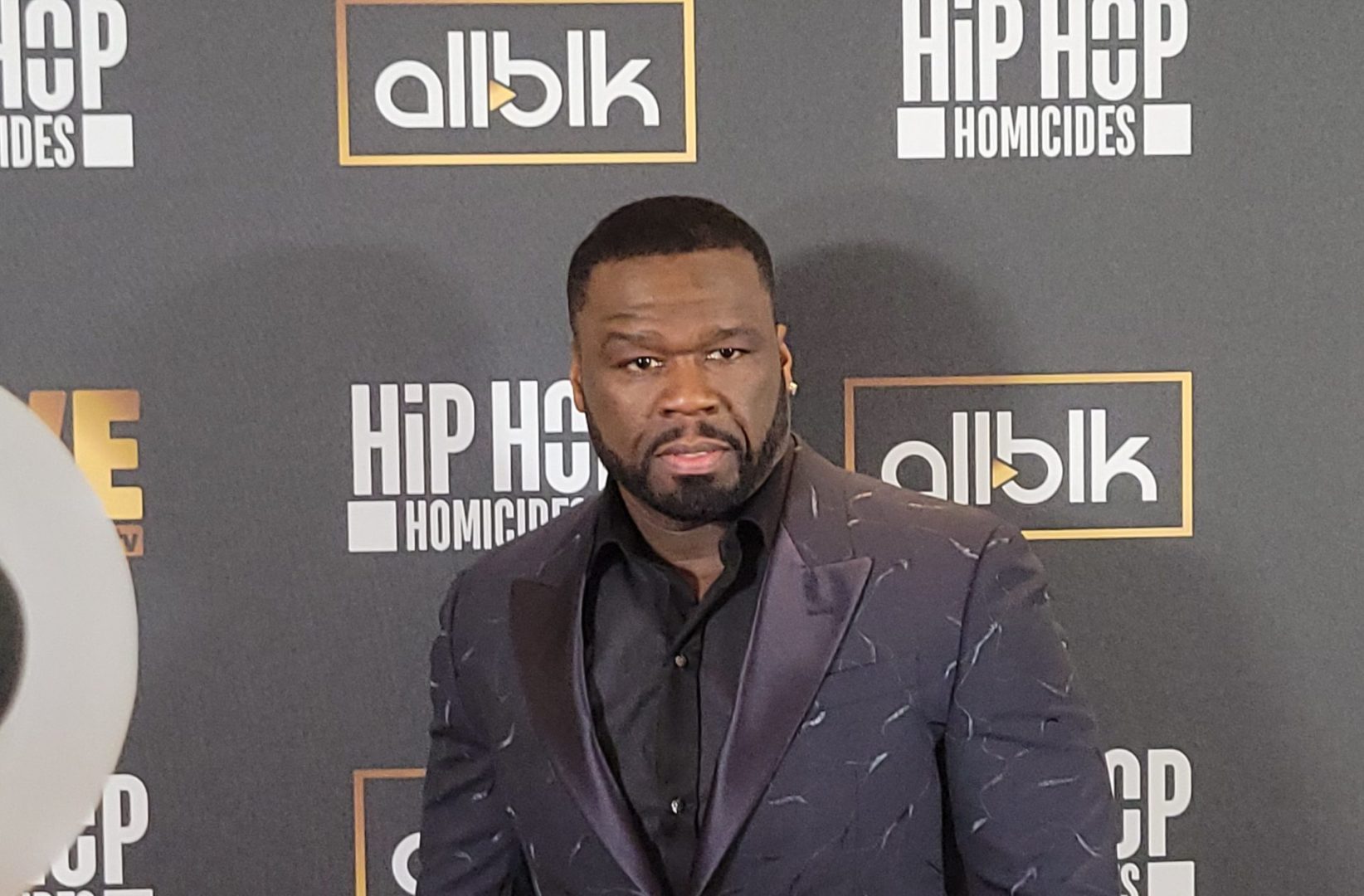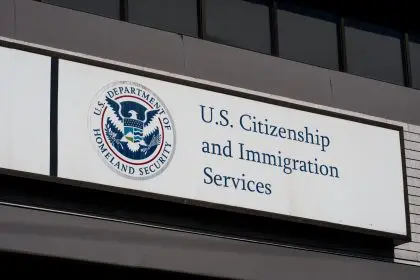In the past decade, the landscape of American politics has been significantly reshaped by the tireless efforts of activists advocating for racial justice. One prominent figure in this movement is Cori Bush, who transitioned from grassroots activism to serving as a congresswoman in Missouri. Her office is adorned with photographs of families who have suffered due to police violence, including a poignant image of Michael Brown, whose death in Ferguson, Missouri, 10 years ago became a pivotal moment in the fight for racial justice.
The catalyst for change
Michael Brown’s tragic death ignited a global conversation about systemic racism and police brutality, highlighting the urgent need for reforms in various societal structures. Activists like Bush have evolved from grassroots movements to holding significant political positions, advocating for changes that address economic disparities, police misconduct and social injustices.
Since 2020, at least 30 states and Washington, D.C., have enacted laws aimed at curbing abusive practices within law enforcement, according to the Brennan Center for Justice. Despite these advancements, many activists express that while progress has been made, substantial reforms remain elusive.
A decade of activist achievements
The past decade has witnessed a surge in activism that has brought issues of public safety and racial justice to the forefront of American politics. The widespread adoption of police body cameras and the banning of chokehold tactics are just a few examples of the reforms that have emerged from this movement.
In the wake of Ferguson, communities across the nation began to reassess their approaches to policing and accountability. Activists have successfully pushed for over 150 reforms at local and state levels, demonstrating the power of sustained advocacy.
Emerging leaders and new strategies
A new generation of leaders is stepping up to continue the fight for racial justice. Figures like Tishaura Jones, the first Black woman to lead St. Louis, are prioritizing social services over traditional policing methods. Similarly, Chi Ossé, a young member of the New York City Council, credits his leadership style to his experiences organizing protests for racial justice, showcasing how activism can translate into effective governance.
Challenges ahead
Despite the progress made, challenges persist. Initial skepticism from lawmakers towards the Black Lives Matter movement has evolved, but significant hurdles remain. The movement has faced political pushback, particularly during the Trump administration, which often dismissed the concerns of racial justice activists. This political climate has prompted many activists to shift their focus from local police departments to federal policies that enable systemic issues.
The George Floyd effect
The murder of George Floyd in 2020 reignited the racial justice movement, leading to unprecedented global protests and a renewed focus on police accountability. The subsequent introduction of the George Floyd Justice in Policing Act aimed to implement sweeping reforms, including banning chokeholds and creating a database for officer misconduct. While the House passed the bill, it ultimately stalled in the Senate, highlighting the ongoing struggle for comprehensive reform.
From protest to politics
Many activists, inspired by the Ferguson protests, have transitioned into political roles, believing that change must occur both inside and outside of the system. As the movement for racial justice continues to evolve, the commitment of activists like Cori Bush remains unwavering. This echoes the resilience of a movement that has transformed American politics and continues to strive for justice and equality.
The past decade has seen significant strides in the fight for racial justice, but the journey is far from over. The collective efforts of activists, politicians and community members will be crucial in shaping a more equitable future for all.

